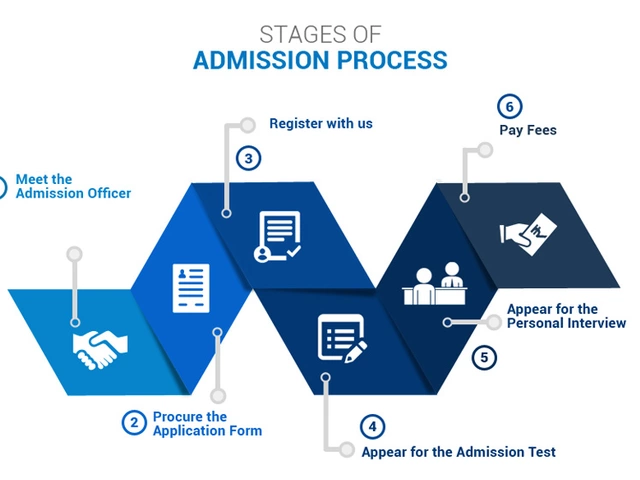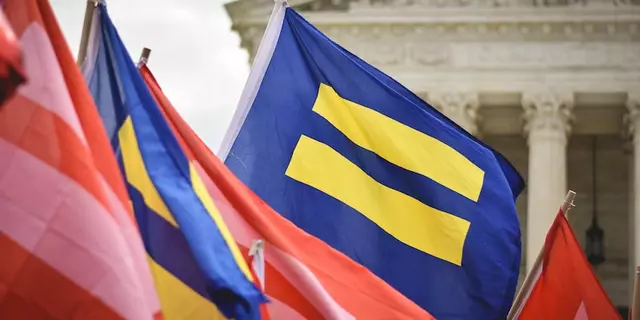Certification requirements: quick guide to documents, steps and tips
Need a certificate and not sure where to start? Whether it's a Police Clearance Certificate (PCC), a professional credential, or a legal document, the path is similar: know what paperwork is needed, follow the process, and avoid common mistakes. This guide gives a clear checklist and simple tips so you can apply with confidence.
Common documents you’ll be asked for
Most certificates ask for the same basic items. Prepare these first so you don’t run back and forth:
- Proof of identity: passport, government ID, or national ID card.
- Proof of address: utility bill, rental agreement, or bank statement (recent).
- Application form: filled and signed exactly as instructed.
- Photographs: passport-size photos meeting the size and background rules.
- Supporting records: education transcripts for professional certs, police reports for clearance checks, or work letters for employment-related certificates.
- Fees: payment proof or receipt, online or bank draft as required.
If you’re applying from abroad (for example, for an India PCC from Singapore), you’ll often need extra items like a local address proof, a copy of your visa, and a declaration notarized or attested by the Indian mission/post.
Step-by-step process that usually works
Follow a clear order to avoid delays:
- Check the official checklist from the issuing authority — websites or helpdesks usually list exact documents.
- Fill the application carefully. Small mistakes like name mismatches or missing signatures cause rejections.
- Get documents notarized or attested if required. Some certificates need embassy or consulate authentication when done overseas.
- Pay the fee and keep the receipt. Note processing times — some clearances take weeks.
- Track the application if a tracking number is provided. Follow up only after the stated processing time.
Want to speed things up? Scan and save PDFs of every document, keep a printed copy of your submission, and note important reference numbers. That saves time if officials ask for the same file again.
Common mistakes to avoid: submitting expired IDs, mismatched names, poor photo quality, missing signatures, or ignoring attestation rules. If your form asks for exact name spelling from the passport, use that spelling everywhere.
Any unusual case — lost documents, name changes, or international moves — usually has a standard fix: an affidavit, marriage certificate, or official gazette notification. Ask the issuing authority what they accept before you spend money on notarizations.
Got specific questions about one type of certificate? Think about the exact name of the certificate and where you’re applying from. That detail changes which documents you need and how you get them attested.

Do you need to be certified to become a life coach in Canada?
Hey there! In this post, we'll dig into the question, "Do you need to be certified to become a life coach in Canada?" If you're thinking about starting a career in life coaching, this article will give you a thorough understanding of the requirements in Canada. Together, we'll explore the Canadian coaching industry, certification processes, and what it means for your life coaching career. So buckle up and let's get started, shall we?
CONTINUE READING



